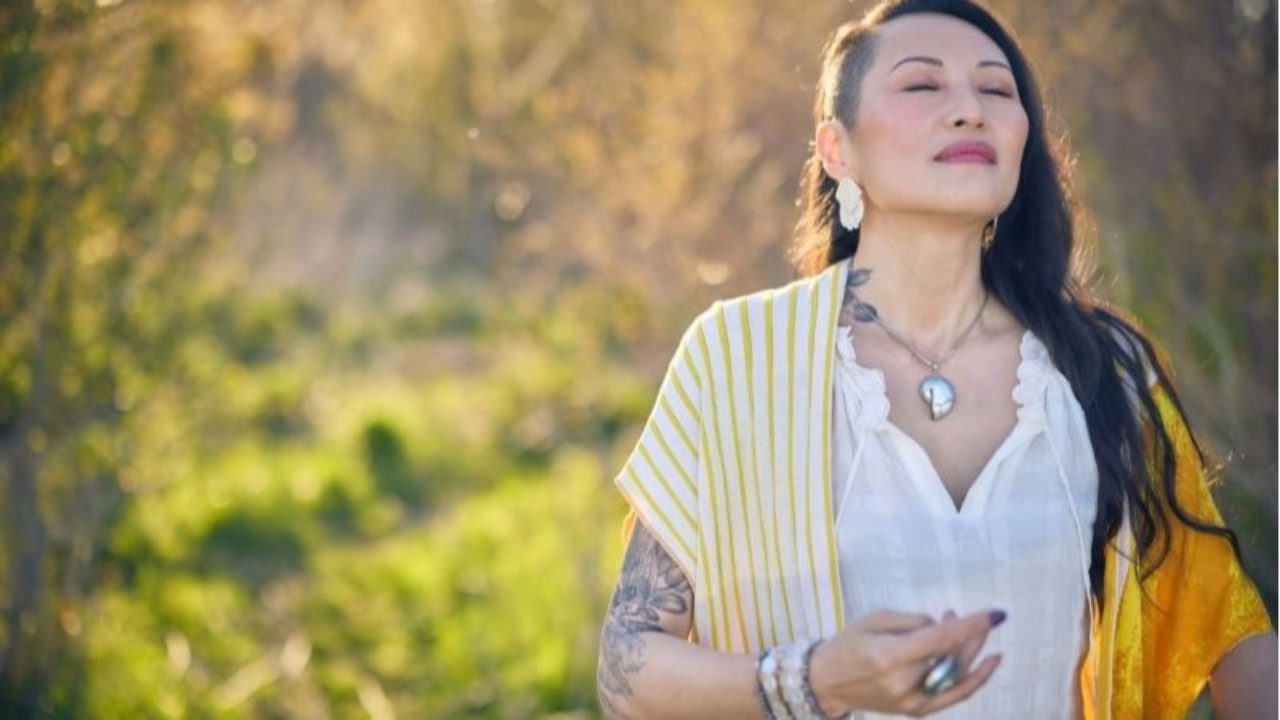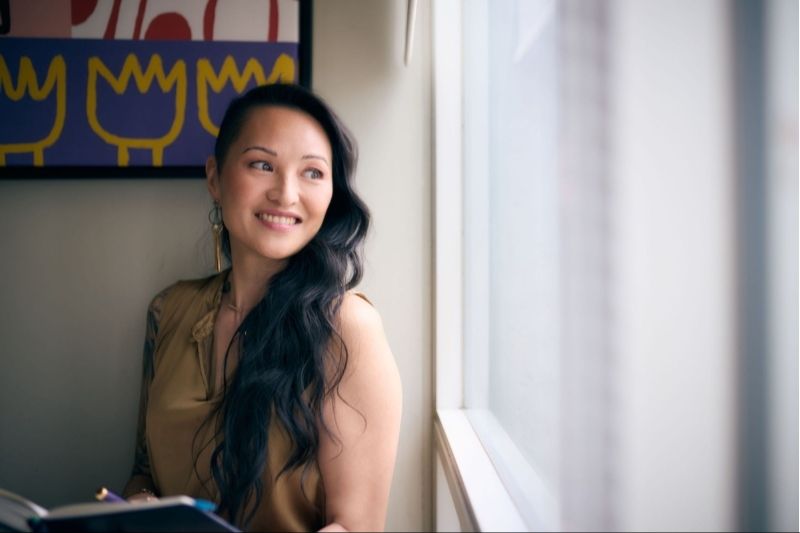Emotional Differentiation: What’s Yours, What’s Theirs
Aug 26, 2025
Have you ever felt heavy after being around someone stressed, even if nothing “happened” to you? Or noticed that your child comes home from school or an event seeming more tired or overwhelmed than usual after being around certain people? This is where knowledge about emotional differentiation can be helpful.
It’s the ability to know what’s yours, and what belongs to someone else. Without this skill, we absorb other people’s emotions and stress like sponges. Their stress becomes our stress. Their anger becomes our tension. Their sadness sinks into our body. Over time, this can leave us drained, dysregulated, and disconnected from what’s actually true for us. But the good news is that emotional differentiation can be taught and practiced.
Even young children can learn it.
The Stinky Sock Metaphor: For kids and adults
When my son was about six years old, I started using this simple metaphor to teach him about the concept of emotional differentiation. This is how the conversation went:
"Imagine someone gives you a gift, but when you open it, it’s not a toy, not a book… not something you wanted, it’s a stinky sock."
His whole face puckered. “Ew! Gross!”
"Do you want to keep it?" I asked.
"No way!" he said.
"Exactly."
When someone else hands you their stress, frustration, or anger, it's like being given a stinky sock. You don’t have to keep it. You can say, 'No thank you, you can keep it.' You can recognize it's not yours.
Fundamentally, while this is a metaphor and simplified, this is the beginning of what emotional differentiation is. It's being aware of and identifying what is yours and what is theirs and recognizing that you don't need to hold on to what isn't yours.
Why we take on what's not ours
Many of us, especially sensitive, empathic, or highly attuned people, learned early that the way to stay safe was to pick up on everyone else’s moods. To absorb, appease, or carry them. This makes us excellent caregivers, leaders, and friends… but it can also leave us exhausted.
When we take on emotions that aren’t ours, we get weighed down with feelings we can’t resolve (because they don’t belong to us). We confuse our own needs with other people’s reactions. We stay stuck in cycles of stress, guilt, or shame that don’t actually belong to us.
How to practice emotional differentiation
- Notice & Name
When you feel a sudden wave of emotion, pause then ask yourself: Is this mine? Did something happen to me, or did I pick this up from someone else? Trust your body’s first answer. - The “Stinky Sock”
Gesture for kids: put your hands out like you’re saying "stop". Say, “Ew, no thank you. You can keep it.” Then pretend to push or throw it away.
For adults: visualize handing back what isn’t yours, or imagine setting down a heavy bag. - Emotional Purging (a release practice)
I will have a follow-up blog post that goes into emotional purging in more detail. However, for the time being, this is a simple practice you can to with your kids. Imagine the feeling that belongs to someone else in your body and you're gathering it into your hands and shake out your arms for 30 seconds. Make a sound on the exhale, sigh, hum, or “pah" sound as you gather and shake. Then say out loud: “I send back this feeling to the person it came from. They can keep it. I will keep only what is mine.” Moving the body can be helpful in moving feelings, and it offers permission to release what doesn't belong.
The ripple of differentiation
When you and your children take the time to notice and to practice emotional differentiation regularly, a shift happens. You stop carrying everyone else’s stress. You start showing up with clearer boundaries, steadier energy, and more compassion, because you’re not already flooded.
Emotional differentiation isn’t rejection, and it isn’t a lack of care. It’s the opposite: it allows you to care without carrying, to be present without being consumed.
This is one of the most powerful gifts we can teach ourselves and our kids. Because life will always bring stress, but not all of it belongs to us. 💜

